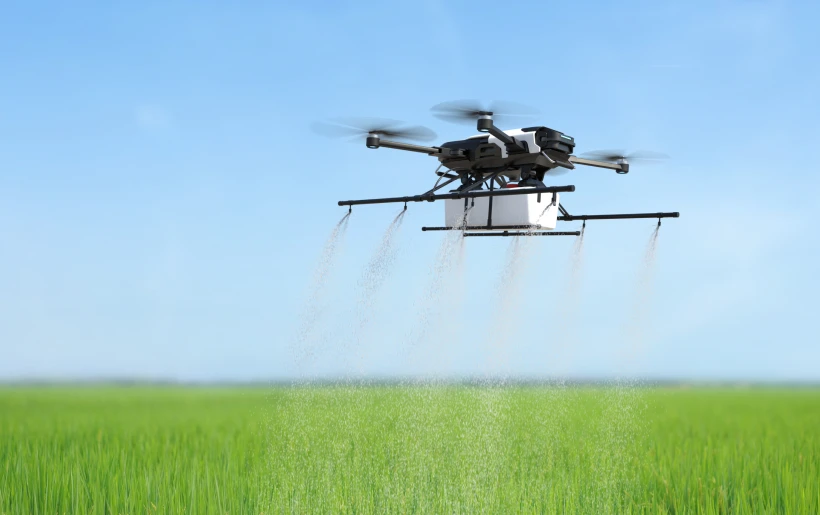February 1, 2023
In recent years, the agricultural industry has seen a wave of technological advancements, and at the forefront of this revolution is precision agriculture. By leveraging data analytics, GPS technology, and IoT devices, precision agriculture is transforming traditional farming practices into a highly efficient, data-driven process.
What is Precision Agriculture?
Precision agriculture, also known as precision farming, involves the use of advanced technologies to monitor and manage field variability in crops. This approach allows farmers to make more informed decisions, optimize resource use, and ultimately increase crop productivity.Key Technologies in Precision Agriculture
- GPS & Drones: Farmers can now map their fields with pinpoint accuracy, using GPS technology to monitor crop health, soil conditions, and field variability. Drones equipped with cameras and sensors provide real-time aerial views, enabling precise monitoring and targeted interventions.
- IoT Sensors: Soil sensors collect data on moisture levels, temperature, and nutrient content. This data is transmitted in real-time, allowing farmers to adjust irrigation and fertilization schedules to meet the specific needs of different parts of their fields.
- Data Analytics: Advanced software analyzes the collected data to predict crop yields, optimize planting patterns, and manage resources more efficiently. This level of insight helps farmers make better decisions, reduce waste, and improve overall farm profitability.
Benefits of Precision Agriculture
- Resource Efficiency: Precision agriculture enables the targeted application of water, fertilizers, and pesticides, reducing waste and lowering costs.
- Increased Yields: By closely monitoring crop health and soil conditions, farmers can address issues early, leading to higher and more consistent yields.
- Environmental Sustainability: Precision farming reduces the environmental impact of agriculture by minimizing the overuse of chemicals and conserving water resources.
